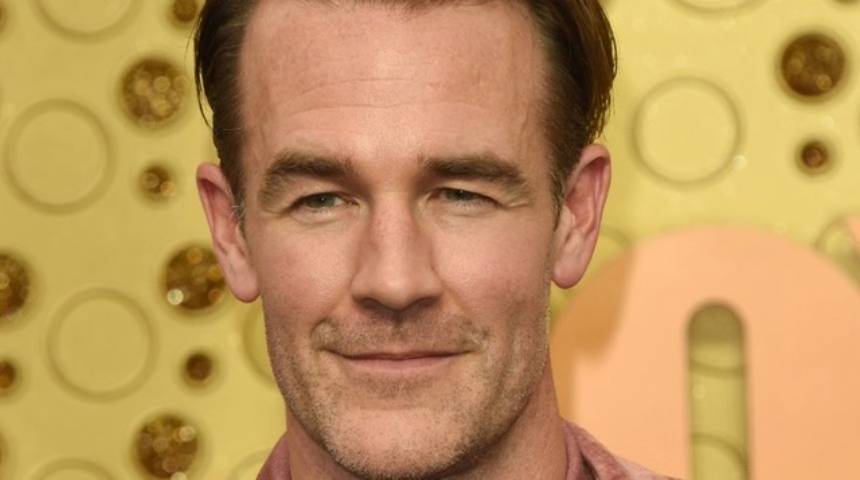Can Cancer Be Prevented? How to Reduce Your Risk Factors
In 2019, more than 1.7 million people in the United States will be diagnosed with cancer. Although treatments and medications are constantly improving, preventing cancer remains the best option for staying healthy. But how? It seems that every day, new research announces that a particular food, activity or environmental factor increases or reduces our risk of developing cancer.
Assessing Your Risk
The truth is, every individual cancer has its own risk factor. Smoking is a risk factor for lung cancer just as unprotected sun exposure is a risk factor for skin cancer. Demographic factors, such as age, can affect your risk. Those risks can’t be changed, but lifestyle factors can. Eating — or not eating — a healthy diet, for example, can alter your risk. Family history also can be a factor if a specific cancer seems to be prevalent in your family. Once you understand your individual risks, you can take steps to reduce them.
Reducing Your Risk
Looking at ways to reduce your chances of developing cancer should start early in life with the good habits of healthy eating and regular exercise and activity. Other ways to reduce risk include:
- Avoiding exposure to all forms of tobacco, including chewing
- Wearing sunscreen regularly
- Eating healthy with a focus on plant-based foods
- Being active regularly and maintaining a healthy weight
- Vaccinating teens against the HPV virus that causes some forms of cancer
- Following cancer-screening guidelines, such as the American Cancer Society’s recommendation for breast cancer screening
Know Your History to Reduce Your Risk
Beyond knowing your individual health history, being aware of your genetic and family history can help identify cancer risks.  If you know a certain type of cancer is in your family, that can help your doctor ensure you have appropriate screening at the appropriate ages. These screenings could be sooner or more frequently than the normal guidelines.
If you know a certain type of cancer is in your family, that can help your doctor ensure you have appropriate screening at the appropriate ages. These screenings could be sooner or more frequently than the normal guidelines.
Although most cancer is not hereditary, a small percentage of the disease is due to genes. Some clues that a family may have a hereditary form of cancer include:
- Cancer that is diagnosed at a young age (before the age of 50)
- Multiple individuals on the same side of the family being diagnosed with the same type of cancer
- Family members having rare types of cancer (such as ovarian, male breast and pancreatic cancer)
If your doctor feels that your family may have a hereditary form of cancer, you may decide to undergo genetic counseling. During a genetic counseling appointment, your family’s history of cancer is analyzed, and you can have an in-depth conversation regarding the benefits, risks and limitations of genetic testing.
By developing a lifetime of healthy habits, understanding your risk factors and minimizing them, you can increase your likelihood of remaining cancer free.
Choose to Stay in Touch
Sign up to receive the latest health news and trends, wellness & prevention tips, and much more from Orlando Health.
Sign Up for HealthBeat





